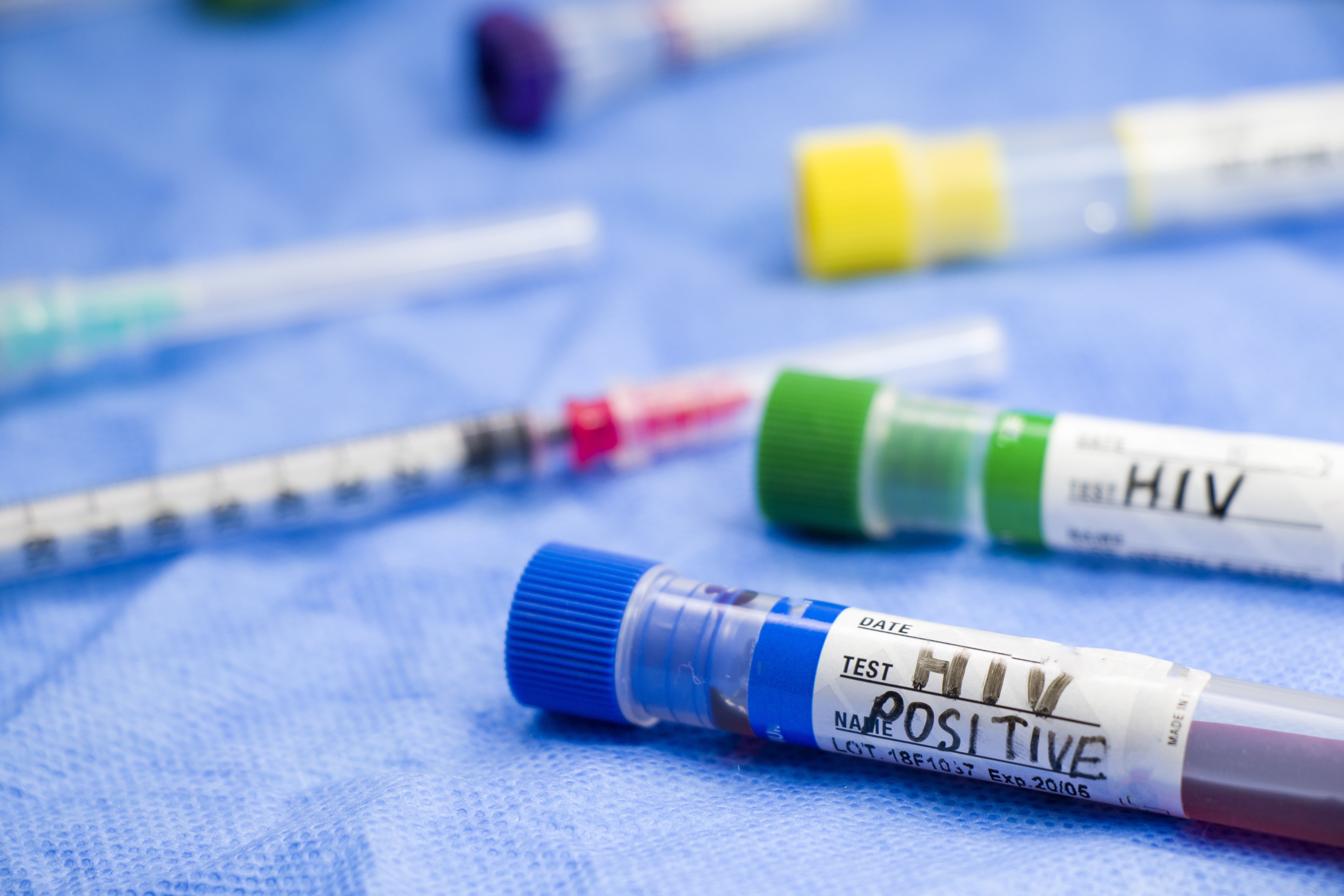Medications That Could Be Contributing to Your Weight Gain
11. Antiretroviral Drugs: Managing HIV with Weight Considerations

Antiretroviral drugs have revolutionized the management of HIV, allowing individuals to lead long and healthy lives. However, some of these medications, particularly newer integrase inhibitors like dolutegravir and bictegravir, have been linked to weight gain and changes in fat distribution, particularly in the abdominal area. The mechanisms behind this are not yet fully understood, but insulin resistance, metabolic changes, and shifts in appetite regulation may play a role. While maintaining an effective HIV treatment plan is non-negotiable, individuals can take steps to monitor and manage weight gain through mindful nutrition, resistance training, and regular metabolic check-ups. If weight changes become significant, patients can consult their healthcare provider about possible adjustments to their treatment regimen. Finding a balance between HIV management and overall health requiresongoing communication with medical professionals and a proactive approach to wellness.
12. Proton Pump Inhibitors (PPIs): Stomach Acid Relief with a Side Effect

PPIs, such as omeprazole (Prilosec), esomeprazole (Nexium), and lansoprazole (Prevacid), are commonly prescribed to treat acid reflux and GERD by reducing stomach acid production. While they are highly effective, some studies suggest that long-term use may contribute to weight gain by altering gut bacteria and digestion. Since stomach acid plays a role in breaking down food and absorbing nutrients, prolonged suppression can slow metabolism and lead to bloating or weight retention. Additionally, some people may experience increased appetite as their body adjusts to lower acid levels. What to Do: If you rely on PPIs long-term, talk to your doctor about weaning off or using alternative treatments like dietary changes, probiotics, or H2 blockers. Maintaining a balanced diet rich in fiber and lean proteins can also help offset weight fluctuations.
